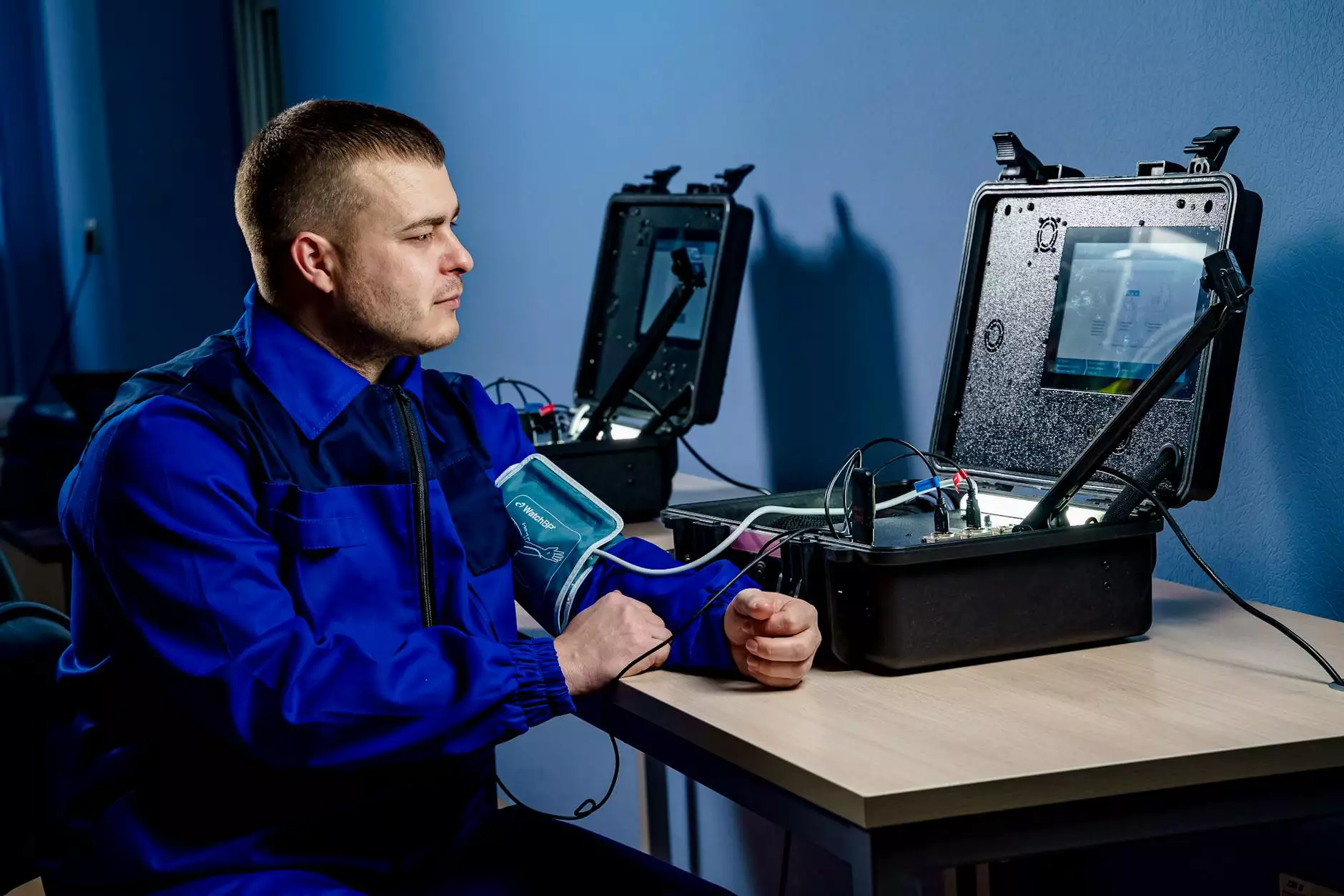Cancer Treatment Center: Comprehensive Care and Advanced Solutions

When diagnosed with cancer, patients seek the best possible care and treatment options available. At a renowned cancer treatment center, they can find a haven of hope, advanced technology, and compassionate care. These centers specialize in not just treating cancer, but also in improving the overall well-being of patients through a comprehensive approach.
What is a Cancer Treatment Center?
A cancer treatment center is a facility dedicated to the diagnosis, treatment, and management of cancer. These centers are equipped with specialized medical professionals and advanced technological resources designed to provide patients with a high standard of care. They specialize in various forms of cancer treatments such as:
- Chemotherapy - Targeted drug therapy aimed at eliminating cancer cells.
- Radiation Therapy - Utilizing high-energy radiation to shrink tumors.
- Immunotherapy - Boosting the body's immune system to fight cancer.
- Surgery - Operating to remove cancerous cells and tumors.
- Clinical Trials - Offering access to cutting-edge treatments and research studies.
Why Choose a Specialized Cancer Treatment Center?
Choosing a specialized cancer treatment center is crucial for the following reasons:
- Expertise: Cancer treatment centers employ oncologists who specialize in various types of cancer, ensuring patients receive expert care tailored to their condition.
- Multidisciplinary Approach: These centers offer a team approach, involving specialists from different fields such as surgery, medical oncology, radiation oncology, and supportive care.
- Innovative Treatments: They provide the latest treatment options, including clinical trials that may not be available at other facilities.
- Holistic Care: A focus on the mental and emotional health of patients, offering counseling and support services.
Types of Treatments Offered at a Cancer Treatment Center
Every cancer treatment center offers a variety of treatments tailored to the specific needs of the patient. Here’s an in-depth look at some of the primary treatment options:
Chemotherapy
Chemotherapy is a systemic treatment that targets rapidly dividing cancer cells. It can be used:
- As a primary treatment to shrink tumors before surgery.
- To eliminate any remaining cells post-surgery to prevent recurrence.
- In a palliative approach to alleviate symptoms in advanced cancer stages.
Radiation Therapy
This method uses high doses of radiation to destroy cancer cells. There are two main types:
- External Beam Radiation: Delivers focused radiation from outside the body.
- Brachytherapy: Involves placing radioactive material directly inside or near the tumor.
Surgical Options
Surgery plays a central role in cancer treatment. It can be classified as:
- Curative Surgery: A procedure to remove the tumor and a margin of healthy tissue.
- Debulking Surgery: Reduces the size of the tumor, making other treatments more effective.
- Palliative Surgery: Aims to relieve symptoms caused by cancer.
Immunotherapy
Immunotherapy works by enhancing the body’s immune response against cancer. This innovative approach has shown success for various cancers, such as melanoma and lung cancer. Some methods include:
- Checkpoint Inhibitors: Drugs that help the immune system recognize and attack cancer cells.
- CAR-T Cell Therapy: Modifying a patient’s T-cells to better fight cancer.
Clinical Trials
Many cancer treatment centers offer opportunities for patients to participate in clinical trials, which can provide access to new therapies that are not widely available. These trials are essential for advancing cancer treatment.
The Importance of Personalized Care in Cancer Treatment
Each cancer diagnosis is as unique as the individual receiving it. Personalized care in a cancer treatment center tailors treatment to individual needs. This includes:
- Genomic Testing: Identifying genetic mutations that may affect treatment options.
- Comprehensive Patient History: Considering a patient’s personal and family medical history to shape treatment plans.
- Support Services: Providing nutritional counseling, psychological support, and physical therapy to enhance recovery.
The Role of Support Services in Cancer Treatment
Support services are an integral part of a comprehensive cancer treatment approach. They enhance the patient experience and improve outcomes. Key support services include:
- Nutritional Counseling: Helps patients manage side effects of treatment and improve their overall health through diet.
- Psychological Support: Offers counseling and therapy options to address mental health and emotional needs.
- Physical Rehabilitation: Assists in recovery post-surgery or treatment to regain strength and mobility.
- Patient Advocacy: Educators assist patients in navigating their healthcare options and understanding their rights.
How to Choose the Right Cancer Treatment Center
Choosing the right cancer treatment center is critical. Consider the following factors:
- Specialization: Look for centers that specialize in your specific type of cancer.
- Accreditation: Ensure the center meets national quality standards and is accredited by organizations such as the American College of Surgeons.
- Insurance Acceptance: Confirm that your insurance will cover the treatments offered by the center.
- Patient Reviews: Research online reviews and testimonials from past patients regarding their experiences.
Conclusion
Finding the right cancer treatment center is a pivotal step in the fight against cancer. With a focus on advanced treatment modalities, personalized care, and supportive services, these centers strive to offer patients not just treatment but also hope and healing. Through collaboration among medical professionals and a commitment to constant innovation, patients can receive the comprehensive care they deserve, guiding them toward recovery and improving their quality of life.









